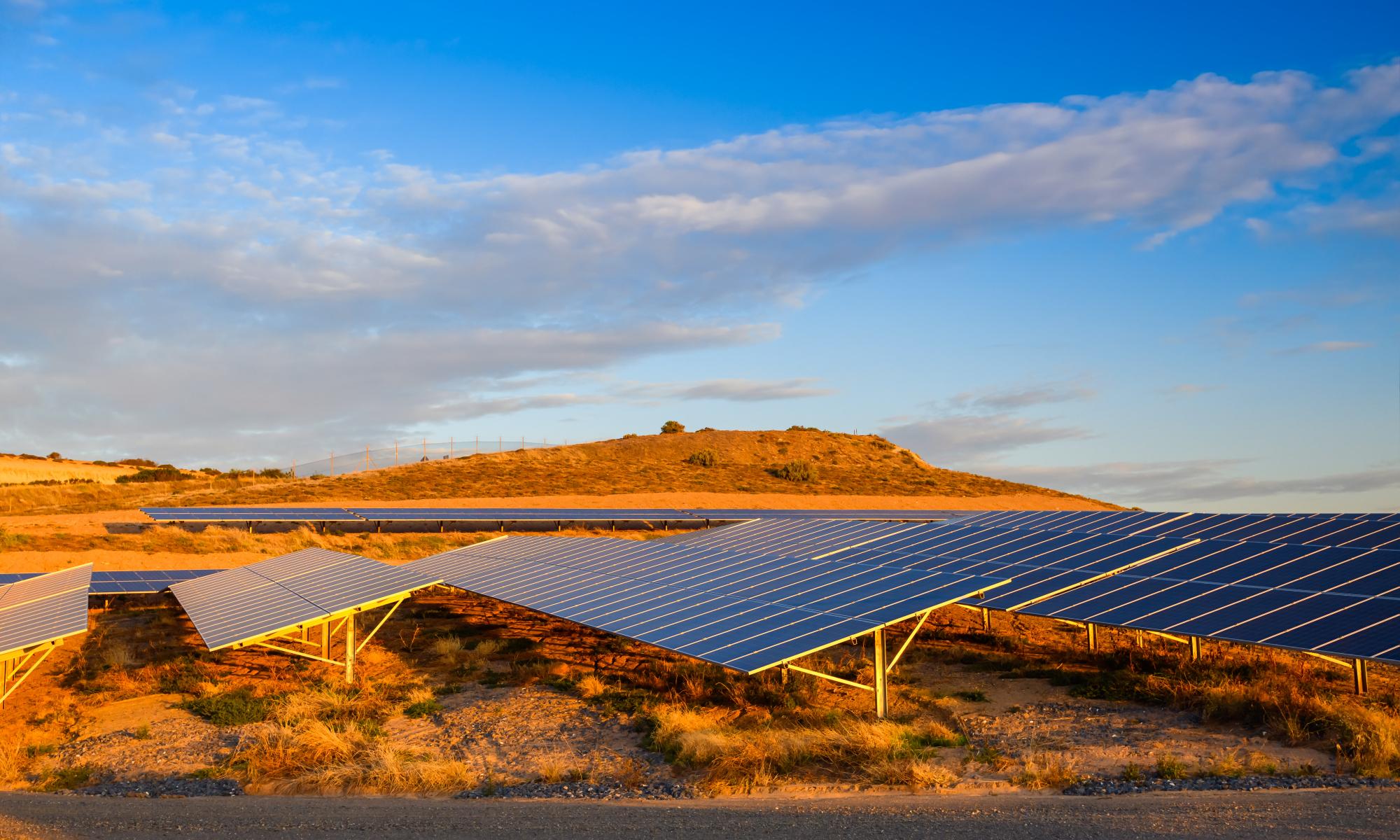At the time of writing, it is 77 days since Australia’s prime minister, Scott Morrison, mentioned climate change in his official transcripts. The last mention came at the tail end of Australia’s disastrous Black Summer bushfires when Morrison declared that his government will not be adopting a “net zero by 2050” target, in favour of a “technology roadmap”.
Since that moment, the world has changed. Hundreds of thousands of people have lost their lives to a frighteningly infectious new virus. And as countries around the world begin to toy with the thought of recovery, there are increasing efforts to ensure our climb out of the hole comes paired with a permanent shift towards a deeper decoupling from our current heavy reliance on fossil fuels.
The pandemic is changing us, but not all of us. After climate-intensified bushfires tore through Australia, the government’s position on climate remained utterly unchanged, as did the opposition party’s support for the large-scale extraction and sale of fossil fuels. The pandemic, and the opportunity that recovery brings for wholesale reimagination of our relationship with energy has landed with a dull, unceremonious thud. It is a stark reminder of what we need to do to bring about true change within one of the planet’s most carbon-intensive countries.
The gold-plated baby spoon
For several months now, Australia’s energy and emissions reduction minister, Angus Taylor, has been insisting on a “tech, not taxes” approach to climate policy. This shuns concepts like net zero targets, and opts instead for the incentivisation of technological advancements (using money acquired through taxation, strangely enough).
To help develop this philosophy, Taylor opted to hold a secretive review of the government’s emissions reduction fund (ERF) policy, in which public money is handed to projects that suck carbon out of the air, alongside the establishment of “baselines” for high emitters. It was helmed by former head of Origin Energy Grant King, who is also former director of Australian Petroleum Production and Exploration Association Ltd (Appea) and BHP Billiton.
The King review puts forward a range of tweaks to the ERF that seem likely to create far more problems than they solve. Historically, baselines have been weak and flexible, meaning large emitters simply chug along as normal without consequence. The new policy proposals include the prospect of tradable rewards for those that have emissions well underneath their baselines. But if those baselines are set ludicrously high already, this might simply become a conduit for taxpayer funding for high emitters.
The prioritisation of carbon capture and storage (CCS) technology, which stores emissions before they are released into the atmosphere, is where things go from potentially problematic to verifiably disastrous. The review suggests two major agencies – the Australian Renewable Energy Agency (Arena, a former employer of mine) and the Clean Energy Finance Corporation (CEFC) – change their remit so they can fund CCS (normally excluded due to the fact it is not zero emissions). This is in addition to opening up the ERF for potentially funding CCS projects too.
“Technology neutral” is the plea here, but this phrase has always been an infuriating euphemism for “can we just ignore emissions, please?” The King review and Taylor’s response to it are not neutral: these are active efforts to shift focus away from cheap, effective emissions reductions and towards expensive, ineffective emissions reductions.
Carbon capture and storage is the preferred vehicle for perpetual climate delay. It is an eternal gravity well for public money with nearly nothing to show for it. To invest heavily in this instead of working towards fully decarbonising electricity and transport is like eating a crab with a gold-plated baby spoon, and then shrugging with feigned surprise as you stab pointlessly at the shell.
CCS is not “low emissions”. Those insufficient emissions reductions come at an incredible cost, even when emissions reductions from wind and solar are becoming ludicrously cheap. “The only way CCS on coal will ever be built at scale is with a carbon price so high it’d kill the rest of the coal sector,” wrote energy expert Simon Holmes à Court.
The prospects for CCS are so dire that Australia’s coal lobby, the Minerals Council of Australia, ended up taking the funds it set aside for CCS research (“Coal21”) and redirected them to an advertising campaign for coal.
CCS may have some niche applications, but to be put forward as the main show for climate action is a clear plan for intentional failure. To be funding it instead of integrating new wind and solar and leaving fossil fuel fuels in the ground is to loudly declare an intent to delay climate action as long as possible.
This has been happening for a long time
As I wrote here, this has been happening for a while. Leaked notes from a 2004 government meeting with the fossil fuel industry declare that:
[The prime minister] advised that he had interest in government and companies addressing the issues together in the establishment of a low emissions energy fund. This would be focused on accelerating Super Dooper (his words) technology progress aimed at significantly reducing emissions.”
The fossil fuels industry was wringing its hands about the effectiveness of wind and solar and urging the blocking of any policy supporting them, while pleading for cash injections for CCS. In fact, John Howard’s original clean energy target scheme, put forward in 2007, included CCS in its subsidy remit.
I don’t want to be writing this article again in 2034. As this debate about technology and recovery plays out, the government will no doubt reactivate its dog-eared, well-worn lines about strong climate action being toxic for the economy and jobs. There is a simple way to break this infinite loop of industry sabotage and government malfeasance, and to shatter the tactic of using ineffective technology as a conduit for eternal inaction.
Climate action that brings both immediate benefits and long-term benefits is the key, here. We know, with confidence, which technologies are duds, and which are likely to serve as the workhorses of climate action. But the pandemic is highlighting that broader factors like justice, equity and fairness are on our minds, at a time of stress and economic pressure.
We know that climate action is beneficial for human life even when you exclude the impacts of reduced emissions on the Earth’s atmospheric and ocean systems. The air is cleaner, the power is cheaper and more democratised, the transport is more accessible, and business and investment work better.
Good climate action won’t happen until the infinite loop is broken. We know that we can’t wait for the next crisis – and there will be many, in the coming years – to snap those locked into inaction out of their stupor. We must build a better case for the immediate curative power of climate action.
• Ketan Joshi is a freelance writer specialising in climate and energy, formerly having worked for private and government (including the Arena) clean energy organisations in Australia. He is based in Norway, and his book, Windfall, will be released by NewSouth Publishing in September 2020


